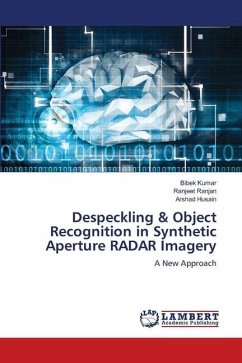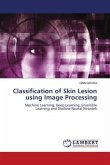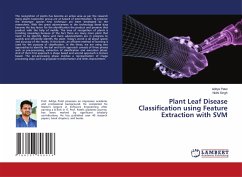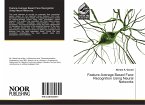Brain-computer interfaces (BCIs) hold great promise in biomedical engineering, particularly for diagnosing critical diseases. Motor imagery (MI) EEG classification, a key BCI process, faces challenges due to the complexity and non-stationary nature of EEG signals. These signals, recorded via electrodes, are digitized and analyzed using feature extraction techniques like FFT, STFT, CSP, and wavelet transforms, with wavelet transform being the most effective.This study proposes a deep neural network-based classification algorithm with teacher-learning-based optimization for feature refinement. Tested on a standard BCI dataset in MATLAB, the algorithm surpasses Bayesian and ensemble machine learning classifiers, enhancing classification accuracy and BCI system performance.
Bitte wählen Sie Ihr Anliegen aus.
Rechnungen
Retourenschein anfordern
Bestellstatus
Storno









